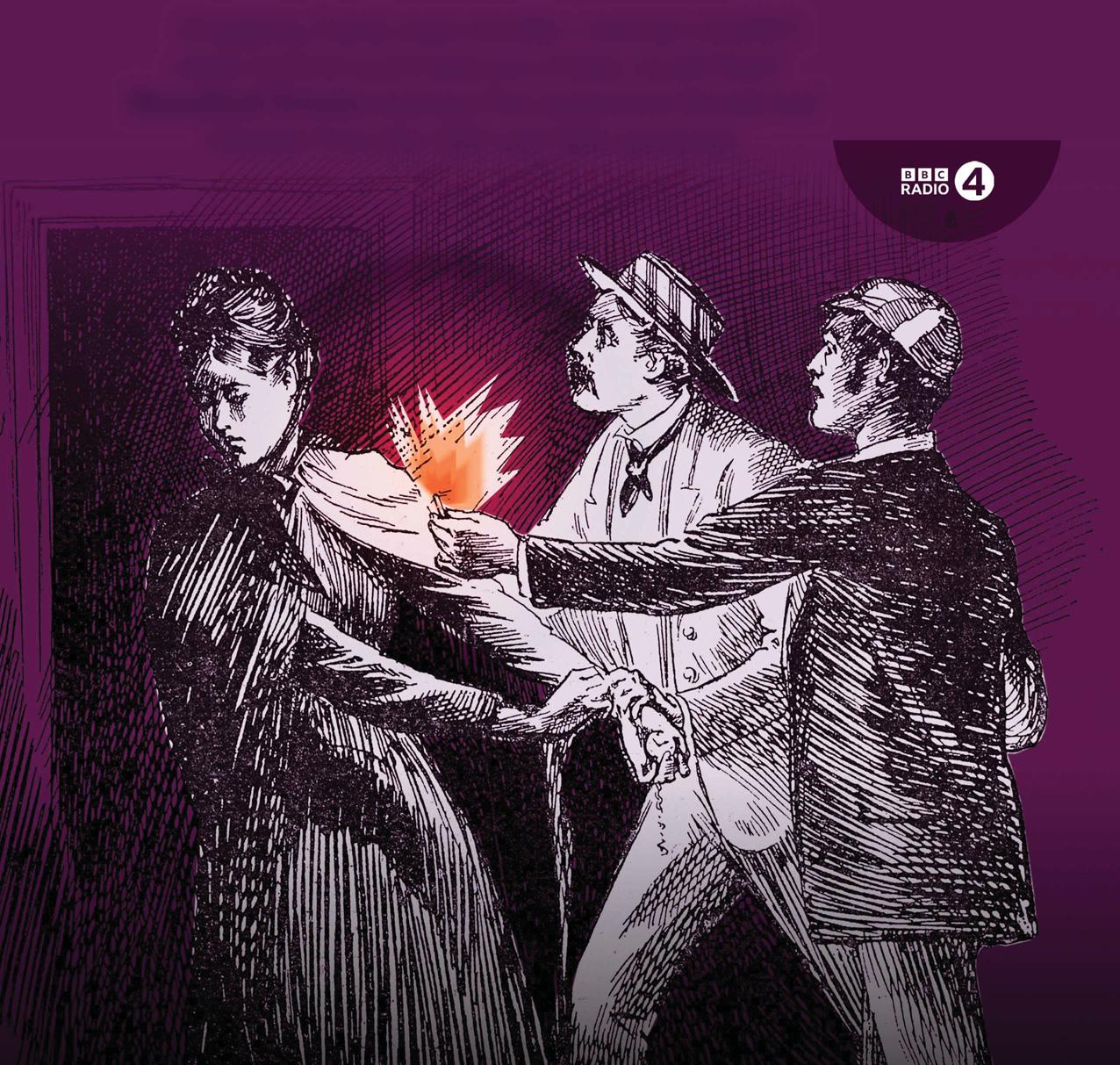Denemek ALTIN - Özgür
Spiked drinks, counterfeit coins and the lodgers from hell
BBC History UK
|June 2025
Drugging, fraud, even murder – women couldn't really commit such heinous crimes, could they? Rosalind Crone explores five audacious female-led felonies from the 18th and 19th centuries
-

1 The Victorian spiking crisis
Female thieves took to drugging men’s drinks with opiates before cleaning out their victims’ pockets
On 2 January 1865, Elizabeth Bagwell (alias Elizabeth Manning) was convicted at the Middlesex Sessions of “larceny from the person”, and sentenced to seven years’ penal servitude. It was a harsh punishment, reflecting the fact that she already had three previous convictions — but also that she was no ordinary pickpocket.
Bagwell had spiked the drink of James Rintoul, a London cab driver, at her lodgings off Edgware Road, according to press reports of her committal hearing at the Marylebone Police Court. The drugged glass of gin she gave James was, he claimed, “so hot that it burnt my mouth”. He fell unconscious, and later woke to find himself “alone in the room, and in darkness. My gold watch and chain were gone... my ring also [and] 25 shillings from my pocket.”
He had fallen victim to a crime commonly called ‘hocussing’, derived from “hocus pocus’ - the term used since the 17th century for conjuring, trickery or sleight of hand. By the late 19th century, ‘hocus’ had become shorthand for drugged liquor. Hocussing had become more prevalent by that time, likely because of the ready availability of cheap drugs including opium (in the form of laudanum), morphine and chloroform.
Particularly in convivial social settings such as Victorian public houses, it was easy for thieves to slip drugs into drinks undetected.
With their victims bewildered or unconscious, hocussers had time to search pockets thoroughly, remove any valuable jewellery and escape the scene of the crime, making pursuit and prosecution difficult.
 Poisoners in prison
Poisoners in prisonBu hikaye BBC History UK dergisinin June 2025 baskısından alınmıştır.
Binlerce özenle seçilmiş premium hikayeye ve 9.000'den fazla dergi ve gazeteye erişmek için Magzter GOLD'a abone olun.
Zaten abone misiniz? Oturum aç
BBC History UK'den DAHA FAZLA HİKAYE

BBC History UK
Hymn to life
Scripted by Alan Bennett and directed by Nicholas Hytner - a collaboration that produced The Madness of King George and The History Boys – The Choral is set in 1916.
1 min
December 2025

BBC History UK
Helen Keller
It was when I was eight or nine years old, growing up in Canada, and I borrowed a book about her from my local library.
2 mins
December 2025

BBC History UK
Spain's miracle
The nation's transition from dictatorship to democracy in the late 1970s surely counts as one of modern Europe's most remarkable stories. On the 50th anniversary of General Franco's death, Paul Preston explores how pluralism arose from the ashes of tyranny
8 mins
December 2025

BBC History UK
Just how many Bayeux Tapestries were there?
As a new theory, put forward by Professor John Blair, questions whether the embroidery was unique, David Musgrove asks historians whether there could have been more than one 'Bayeux Tapestry'
7 mins
December 2025

BBC History UK
In service of a dictator
HARRIET ALDRICH admires a thoughtful exploration of why ordinary Ugandans helped keep a monstrous leader in power despite his regime's horrific violence
2 mins
December 2025

BBC History UK
The Book of Kells is a masterwork of medieval calligraphy and painting
THE BOOK OF KELLS, ONE OF THE GREATEST pieces of medieval art, is today displayed in the library of Trinity College Dublin.
3 mins
December 2025

BBC History UK
Passing interest
In his new book, Roger Luckhurst sets about the monumental task of chronicling the evolution of burial practices. In doing so, he does a wonderful job of exploring millennia of deathly debate, including the cultural meanings behind particular approaches.
1 mins
December 2025

BBC History UK
Is the advance of AI good or bad for history?
As artificial intelligence penetrates almost every aspect of our lives, six historians debate whether the opportunities it offers to the discipline outweigh the threats
8 mins
December 2025

BBC History UK
Beyond the mirage
All serious scholarship on ancient Sparta has to be conducted within the penumbra of the 'mirage Spartiate', a French term coined in 1933 to describe the problem posed by idealised accounts of Sparta.
1 mins
December 2025

BBC History UK
He came, he saw... he crucified pirates
Ancient accounts of Julius Caesar's early life depict an all-action hero who outwitted tyrants and terrorised bandits. But can they be trusted? David S Potter investigates
10 mins
December 2025
Listen
Translate
Change font size

